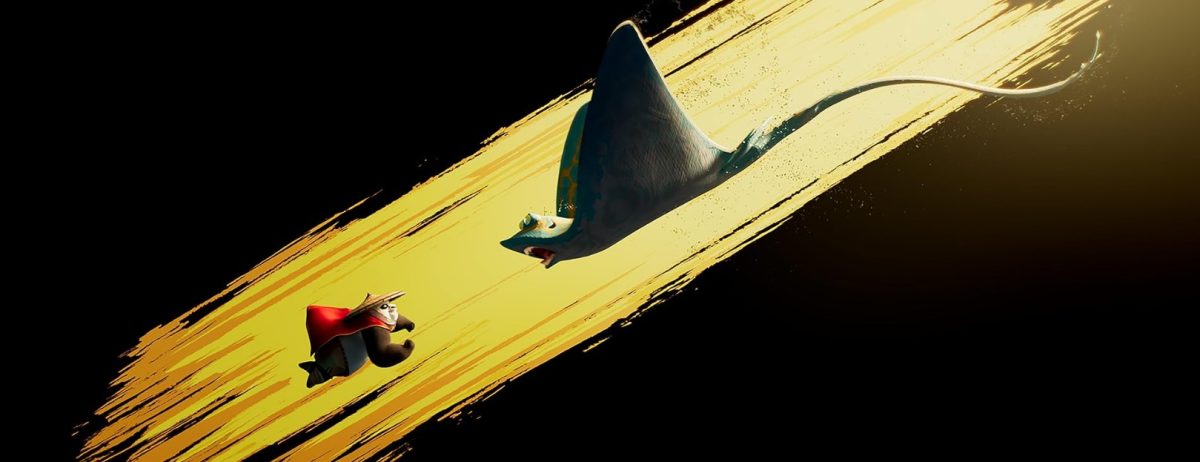4/5 stars
When I was wandering through the bookstore the other day looking for a light read to liven up my otherwise dull (read: Georgetown-less) Thursday afternoon, I darted right to the display set-up for Dan Brown’s new novel, Inferno. Having read the other three Brown installments of the adventures of Harvard professor Robert Langdon, the most well known being the book-turned- blockbuster movieThe Da Vinci Code, I quickly made the purchase and started reading immediately. Soon after, however, I came to the unfortunate realization that Inferno lacks the structural originality that I had hoped; it is formulaic of the other three novels and easy to predict. Despite the plot and characters that are sometimes too reminiscent of Mr. Brown’s other three bestsellers, Inferno nevertheless is a thought-provoking read that leaves you pondering moral questions about the future of humankind and advances in science.
Inferno begins with Langdon waking up in a hospital in Florence, Italy, having no recollection of how he got there or of the events of the past two days; this is credited to amnesia caused by a bullet that skimmed the top of his head. Fleeing the hospital with young doctor Siena Brooks, Langdon manages to evade his adversary, who had returned to kill him. Finding a map in his coat pocket that references Dante’s Inferno, the first part of his Divine Comedy that depicts the nine circles of Hell, Langdon and Brooks set out on a quest to solve the mystery at hand, all while evading a private army and a ghostly assassin who chases the duo through the streets of Florence. Brown captivatingly takes the reader on a rollercoaster ride of Italian art, history and culture while exploring ethical debates about modern science.
Inferno has every aspect of a quintessential Langdon novel: European setting, young and attractive female companion with a secret past who helps Langdon along the way, shadowy and equally bizarre assassin, art history clues and a conspiracy that threatens the future of mankind. This structure has worked in the past for Langdon’s three other escapades; however, one cannot help but feel that the plot of Brown’s newest novel is forced. Although all loose ends are eventually tied up, explaining the works of villain Bertrand Zobrist, geneticist and Dante fanatic, the reader spends far too much time wondering why the World Health Organization has called a Harvard symbologist (a made up discipline, mind you) to stop a bioterrorist from unleashing mayhem, taking for granted our supposed appreciation of Langdon’s genius. It is also almost impossible to read Langdon’s lines without hearing Tom Hanks’ voice, which I personally felt was one of the more positive aspects of the novel.
Despite the aforementioned hiccups, for the fourth time Brown has successfully managed to create a page-turner. Inferno’s central themes revolve around the problem of overpopulation and the emergence of transhumanism, the idea that it is morally imperative for humans to use the tools at our disposal to accelerate our own evolution. Both themes are handled with care and explore differing opinions, rendering the reader pensive come the novel’s conclusion. Brown often repeats a chilling yet stimulating Dante quote: “The darkest places in hell are reserved for those who maintain their neutrality in times of moral crisis.” As macabre as this may sound, it is certainly applicable to one of the novel’s dominant topics: overpopulation, an impending doom of which Zobrist claims humanity is in denial. Inferno is no Da Vinci Code, but is still stimulating enough to leave you satisfied. And, to quote Family Guy’s Lois Griffin: “The chapters are only about two pages each, so you feel really smart when you read it!”














